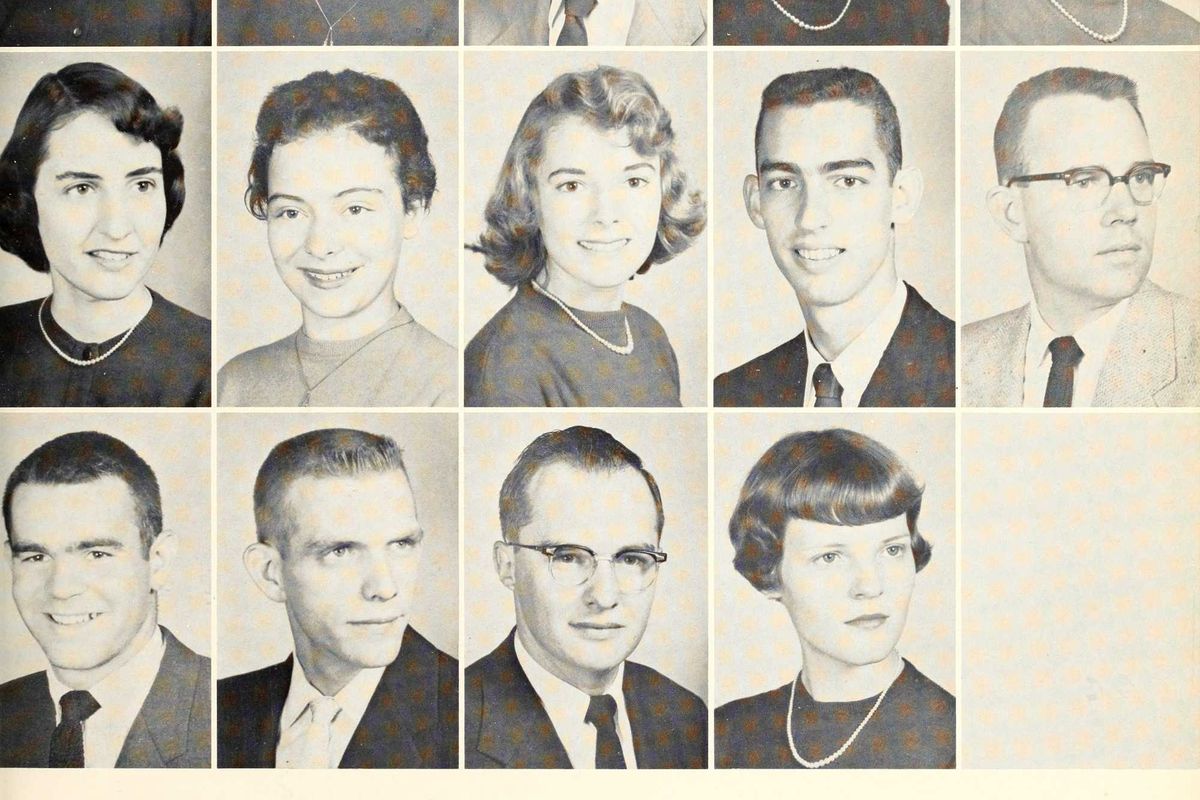In the December issue of Vanity Fair, music icon Adele opened up about her own personal experience dealing with postpartum depression after her son's birth in October 2012.
Like many new moms dealing with postpartum depression, she didn't even realize that's what she was feeling at first.
"My knowledge of postpartum — or post-natal, as we call it in England — is that you don’t want to be with your child; you’re worried you might hurt your child; you’re worried you weren’t doing a good job. But I was obsessed with my child. I felt very inadequate; I felt like I’d made the worst decision of my life. ... It can come in many different forms."
Photo by Sascha Steinbach/Getty Images.
An estimated 900,000 new mothers in the U.S. experience postpartum depression every year — and an alarmingly low 15% of these women actually receive treatment for it.
There's still a huge stigma surrounding postpartum depression (PPD), and a lot of misconceptions about what such a diagnosis means. Society places high expectations on mothers and motherhood, and women often feel guilty if they don't take to their new role naturally. This means that many new mothers are hesitant to admit if motherhood isn't everything they're told it should be.
For mothers experiencing postpartum depression, symptoms can range from unexplainable sadness to uncontrollable anger, and asking for help can feel like admitting you're a bad parent.
Adele said she was also reluctant to seek help, though eventually, she found comfort in talking to other new moms.
Of course, she described it to Vanity Fair in true Adele fashion — bluntly and with lots of raw emotion and f-bombs:
"I didn’t talk to anyone about it. I was very reluctant ... My boyfriend said I should talk to other women who were pregnant, and I said, 'F**k that, I ain’t hanging around with a f**kin' bunch of mothers.' Then, without realizing it, I was gravitating towards pregnant women and other women with children, because I found they’re a bit more patient."
Photo by Robyn Beck/AFP/Getty Images.
Postpartum depression, of course, has many layers to it and presents differently in different people. But it was through these conversations with other mothers that Adele said she realized she wasn't alone.
"One day I said to a friend, 'I f**kin' hate this,' and she just burst into tears and said, 'I f**kin' hate this, too.' And it was done. It lifted."
Photo by Gareth Cattermole/Getty Images.
By using her powerful voice to shine a light on the issue of postpartum depression, Adele is empowering mothers to recognize that they aren't alone and shouldn't be ashamed or afraid seek the help they need.
Too often, mothers are expected to sacrifice everything for their kids and to do so without complaining and at the expense of their own mental health. There's a lot of pressure on moms to be perfect and to be incredibly hard on themselves if they take any time away from their kids, especially when their kids are still young.
At the end of the day, you shouldn't need to justify what you need to feel good or to force yourself into a box of what you think a perfect mother looks like. The best way to take care of your kid and to be a great mom, especially if you're experiencing PPD, is to make sure you're taking care of yourself.
Which is exactly what Adele did:
"Eventually I just said, I'm going to give myself an afternoon a week, just to do whatever the f**k I want without my baby. A friend of mine said, 'Really? Don’t you feel bad?' I said, I do, but not as bad as I'd feel if I didn’t do it. Four of my friends felt the same way I did, and everyone was too embarrassed to talk about it; they thought everyone would think they were a bad mom, and it's not the case. It makes you a better mom if you give yourself a better time."
GIF via CBS.
PREACH.





 Millennial mom struggles to organize her son's room.Image via Canva/fotostorm
Millennial mom struggles to organize her son's room.Image via Canva/fotostorm Boomer grandparents have a video call with grandkids.Image via Canva/Tima Miroshnichenko
Boomer grandparents have a video call with grandkids.Image via Canva/Tima Miroshnichenko
 Smiling at work, checking messages during a break.
Smiling at work, checking messages during a break. Man focused on his phone screen, deep in thought.
Man focused on his phone screen, deep in thought. Focused multitasking at the office.
Focused multitasking at the office.